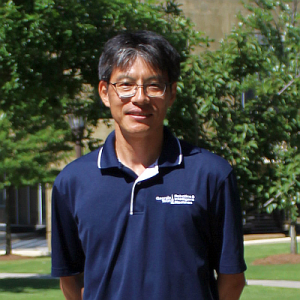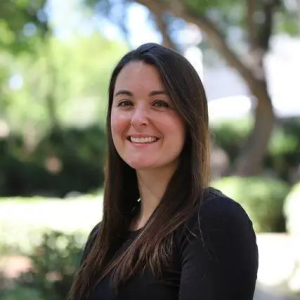Matthew McDowell

Matthew McDowell
Associate Professor, Woodruff School of Mechanical Engineering
Woodruff Faculty Fellow
IMat Initiative Lead | Materials for Energy Storage
SEI Lead: Energy Storage
Matthew McDowell joined Georgia Tech in the fall of 2015 as an assistant professor with a joint appointment in the George W. Woodruff School of Mechanical Engineering and the School of Materials Science and Engineering. Prior to this appointment, he was a postdoctoral scholar in the Division of Chemistry and Chemical Engineering at the California Institute of Technology. McDowell received his Ph.D. in 2013 from the Department of Materials Science and Engineering at Stanford University.
McDowell’s research group focuses on understanding how materials for energy and electronic devices change and transform during operation, and how these transformations impact properties. The group uses in situ experimental techniques to probe materials transformations under realistic conditions. The fundamental scientific advances made by the group guide the engineering of materials for breakthrough new devices. Current projects in the group are focused on i) electrode materials for alkali ion batteries, ii) materials for solid-state batteries, iii) interfaces in chalcogenide materials for electronics and catalysis, and iv) new methods for creating nanostructured metals.
404.894.8341
Office Location:
MRDC 4408
Batteries; Nanostructured Materials; Composites; Fabrication; Energy Storage; Thermal Systems
IRI Connections:









